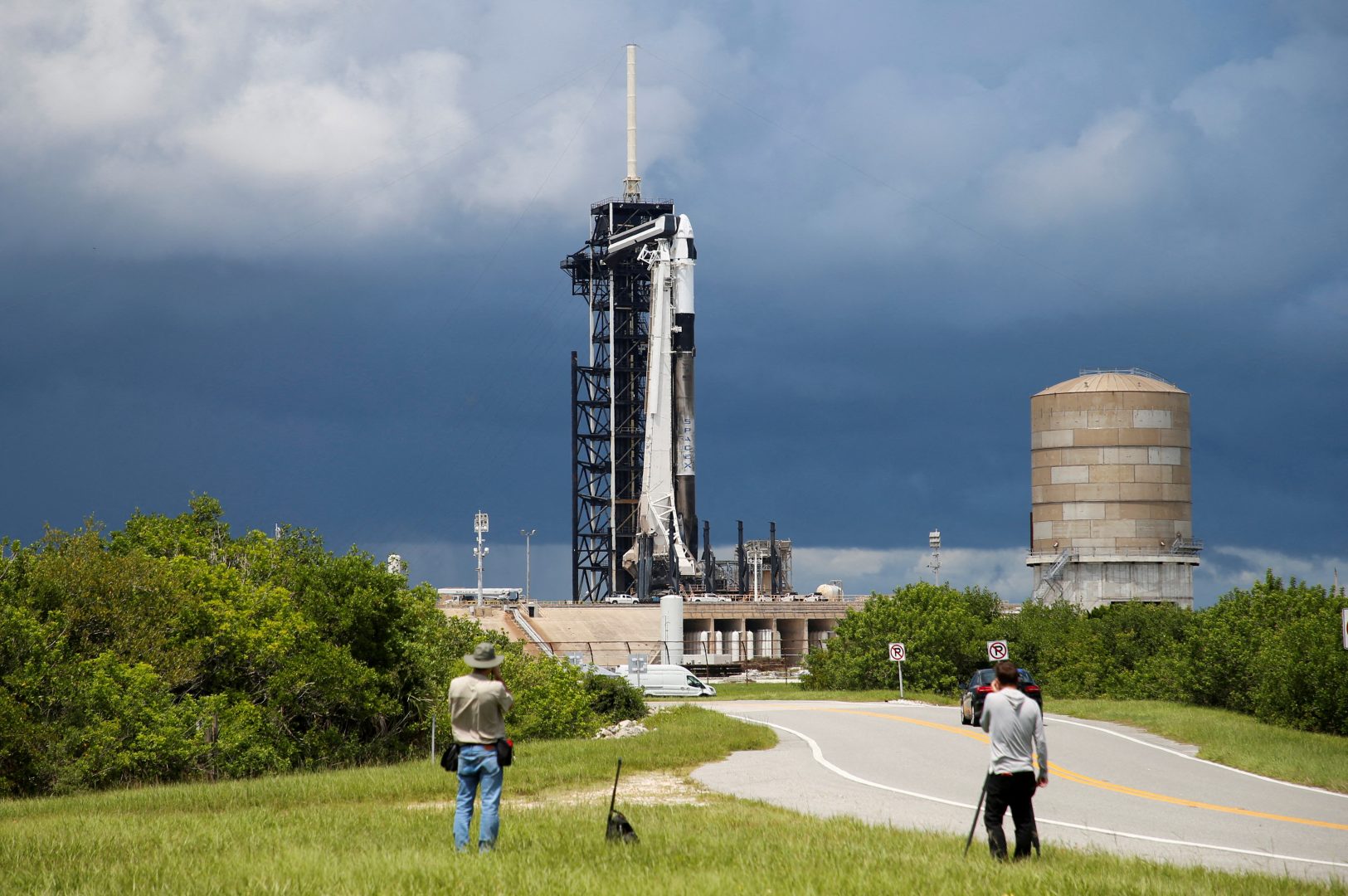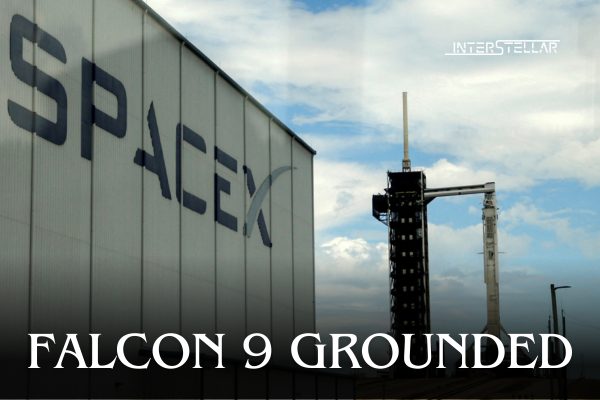FAA Grounds SpaceX’s Falcon 9 After Failed Landing Attempt
Falcon 9 Grounded Following Landing Mishap
The US Federal Aviation Administration (FAA) announced on Wednesday that SpaceX’s Falcon 9 rocket has been grounded after a failed landing during a routine Starlink mission. This marks the second grounding of the rocket this year. The Falcon 9 had successfully launched a batch of Starlink internet satellites into orbit early Wednesday morning from Florida. However, the rocket’s reusable first-stage booster, which was supposed to land on a sea-faring barge, toppled into the ocean following a fiery touchdown, as shown in a live stream by SpaceX.

FAA Mandates Investigation
An FAA spokesperson confirmed that the incident involved the failure of the Falcon 9 booster while landing on a droneship at sea. Although no injuries or damage to public property were reported, the FAA has required an investigation into the mishap. Groundings of the Falcon 9 rocket are rare, with the last incident occurring in July due to a second-stage failure in space. That incident resulted in the loss of a batch of Starlink satellites.
Potential Impact on Future Missions
Despite no immediate threat to satellites or personnel during Wednesday’s mission, the landing failure has raised concerns. The FAA believes that the issue could pose a greater risk in future missions if not thoroughly investigated. This grounding could potentially delay SpaceX’s high-profile Polaris Dawn mission, which involves four private astronauts attempting the first private spacewalk. The Polaris mission had already faced delays due to a launchpad issue and bad weather.
Following the July grounding, SpaceX resumed Falcon 9 flights just 15 days later after receiving FAA approval for an expedited return to flight. However, the current grounding may affect other scheduled missions, including a NASA mission set for late September. This mission involves launching two NASA astronauts on a Crew Dragon spacecraft, which will bring home two astronauts currently on the International Space Station. It is unclear how the Falcon 9’s latest grounding will impact this NASA mission, as the space agency has not yet commented.
SpaceX’s Fleet and Future Prospects
SpaceX has built a large fleet of reusable Falcon 9 boosters since the rocket’s debut in 2010, enabling the company to far outpace its rivals in launch frequency. The booster involved in Wednesday’s incident was on its 23rd flight, according to SpaceX. After the successful launch, SpaceX reported that the booster tipped over following touchdown on the “A Shortfall of Gravitas” droneship. In response to the failure, SpaceX postponed another Starlink mission that was scheduled to launch from its California site later that day.
The FAA, which regulates private rocket launches and site safety to ensure public safety, will oversee the investigation into the incident. The agency stated that the Falcon 9’s return to flight will depend on whether SpaceX can demonstrate that the anomaly does not compromise public safety.





